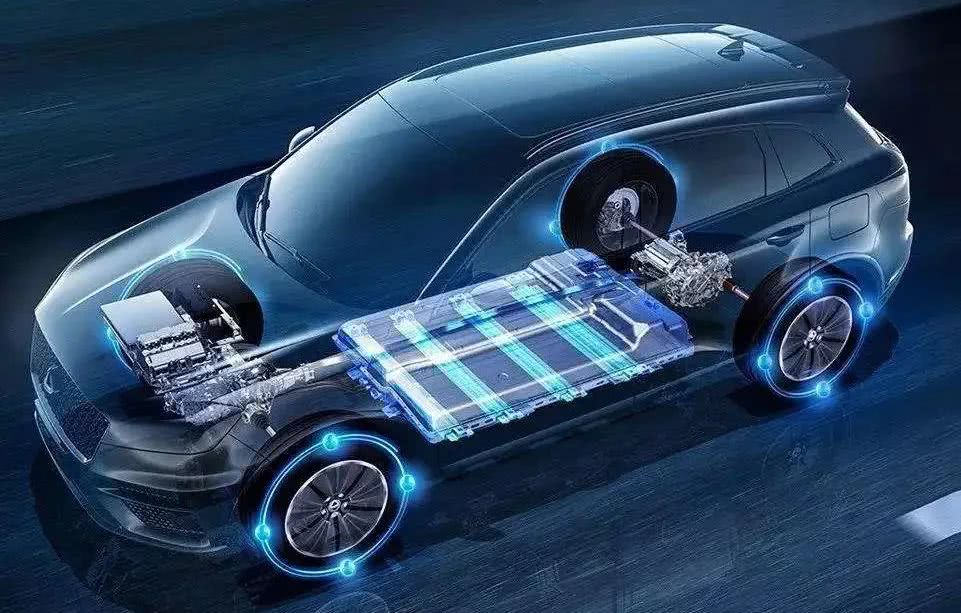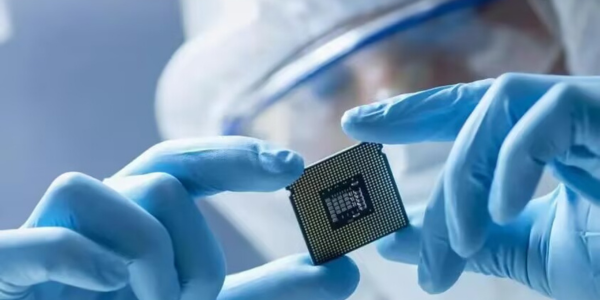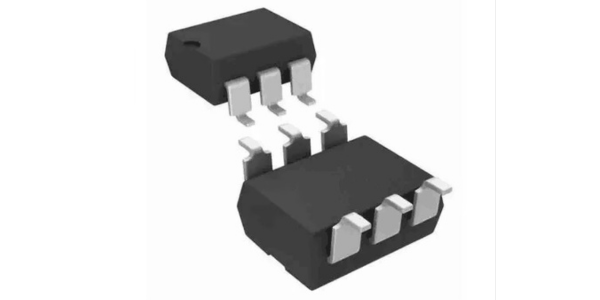AMD Introduced 4th Generation AMD EPYC Processor
Views : 14
Update time : 2023-03-28 17:10:00
AMD has announced that it will bring outstanding performance and power efficiency to embedded systems with the AMD EPYC™ (Skylar) Embedded 9004 family of processors. Based on the "Zen 4" architecture, the new fourth-generation EPYC embedded processors provide leading-edge technology and capabilities for embedded networking, security/firewall and storage systems in the cloud and enterprise computing, as well as industrial edge servers on the factory floor.
Built on the "Zen 4" 5nm core, the processors balance speed and performance while helping to reduce energy costs and total cost of ownership (TCO). The family includes 10 processor models with performance options ranging from 16 to 96 cores and thermal design power (TDP) configurations from 200W to 400W. AMD EPYC Embedded 9004 Series processors offer excellent performance and power scalability, making them ideal for embedded system OEMs to expand their portfolios with a variety of performance and pricing options. In addition, the AMD EPYC Embedded 9004 Series processors feature enhanced security features to help minimize threats and maintain a secure computing environment from boot to run, making them better suited for applications with enterprise-class performance and protection requirements.
The AMD EPYC Embedded 9004 family of processors supports enterprise-class reliability for workload-intensive, 'always-on' embedded systems," said Rajneesh Gaur, vice president and general manager of the Embedded Solutions Division at AMD. Such systems need to deliver superior compute performance and I/O agility in a power-optimized environment. With the introduction of the EYPC Embedded 9004 family of processors, we are bringing the power of data center-class computing to embedded networking, security, storage and industrial applications."
With the AMD EPYC Embedded 9004 family of processors, customers can build a variety of embedded networking, security, storage and industrial systems that can operate under very demanding conditions. offers unique embedded proprietary benefits to help improve reliability and system life.
 How many chips does a car need?
How many chips does a car need?
 Position and Function of Main Automotive Sensors
Position and Function of Main Automotive Sensors
 Chip: The increasingly intelligent electronic brain
Chip: The increasingly intelligent electronic brain
 LDA100 Optocoupler: Outstanding Performance, Wide Applications
LDA100 Optocoupler: Outstanding Performance, Wide Applications